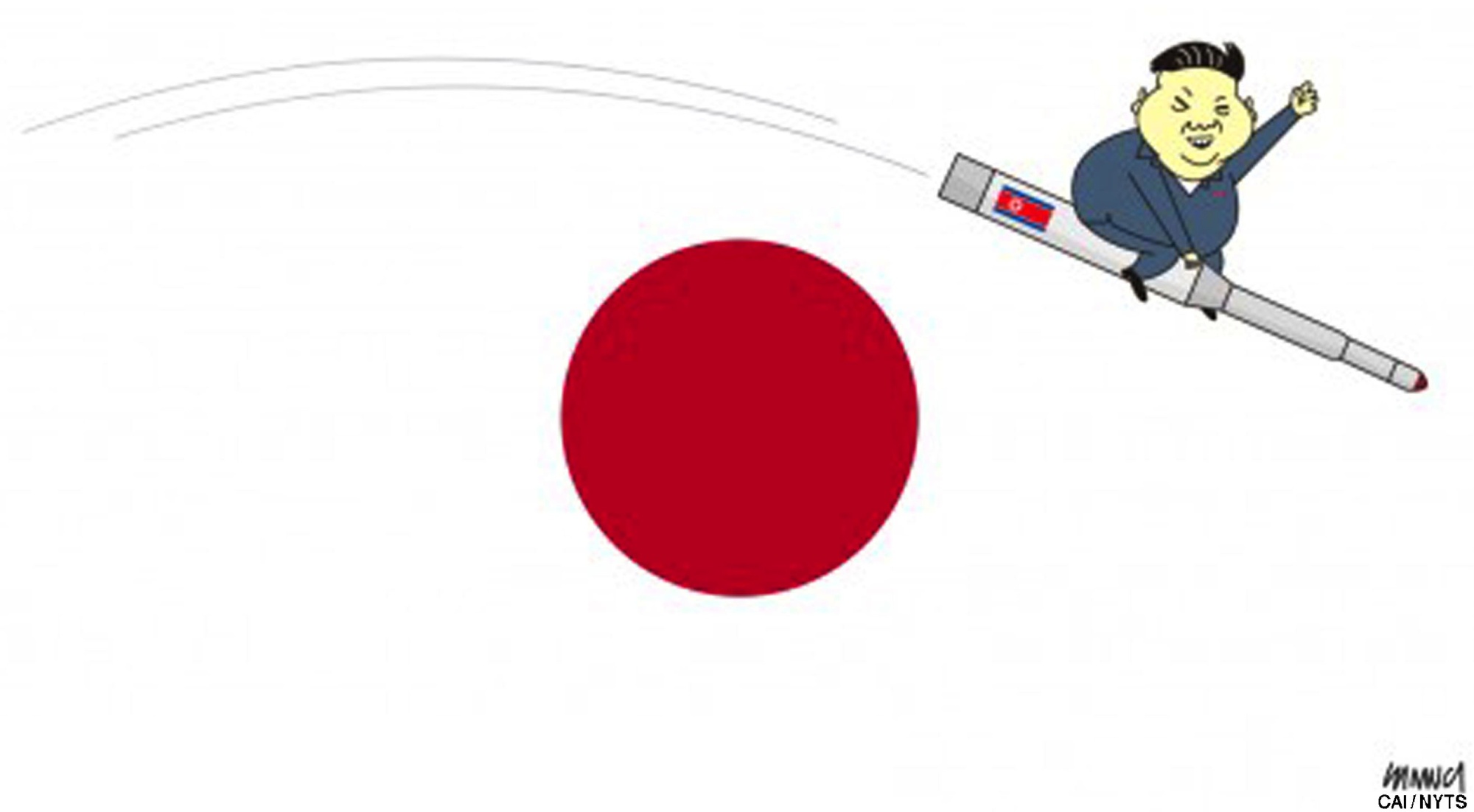This summer's nuclear showdown between the United States and North Korea, largely manufactured by the bravado and bluster of the president of the U.S., seemed to conclude "not with a bang but with a whimper," until Tuesday's missile test overflying Japan. As a result, the underlying question, how to best prevent a U.S.-North Korean nuclear war, as Pyongyang continues to push for "full spectrum deterrence," endures.
Among other things, this summer's crisis highlights the belief held by some U.S. policymakers that an alleged irrational actor such as North Korea cannot be deterred from launching its nuclear missiles by threatening nuclear retaliation. For example, U.S. National Security Advisor H.R. McMaster in an interview this month said that "classical deterrence theory" does not apply to North Korea. At the same time, U.S. officials (including President Donald Trump) have repeatedly floated the idea of pre-emptive military strikes against North Korean missile sites as an ostensible last-ditch effort to deter Pyongyang.
Given that North Korea has time and again made it clear that it would counter any conventional attack with overwhelming force, including nuclear weapons (Vipin Narang has coined this posture "asymmetric escalation"), U.S. preemptive military strikes would almost certainly trigger a North Korean nuclear response. North Korea has expanded its nuclear arsenal to up to 30 weapons. Once such a response occurs, the U.S. might retaliate in kind and launch nuclear missiles. The result would be the end of a powerful moral taboo about the use of nuclear weapons. Indeed, once the spell is broken after the first nuclear bomb has exploded, the likelihood of nuclear war in other parts of the world will have increased markedly.



















With your current subscription plan you can comment on stories. However, before writing your first comment, please create a display name in the Profile section of your subscriber account page.